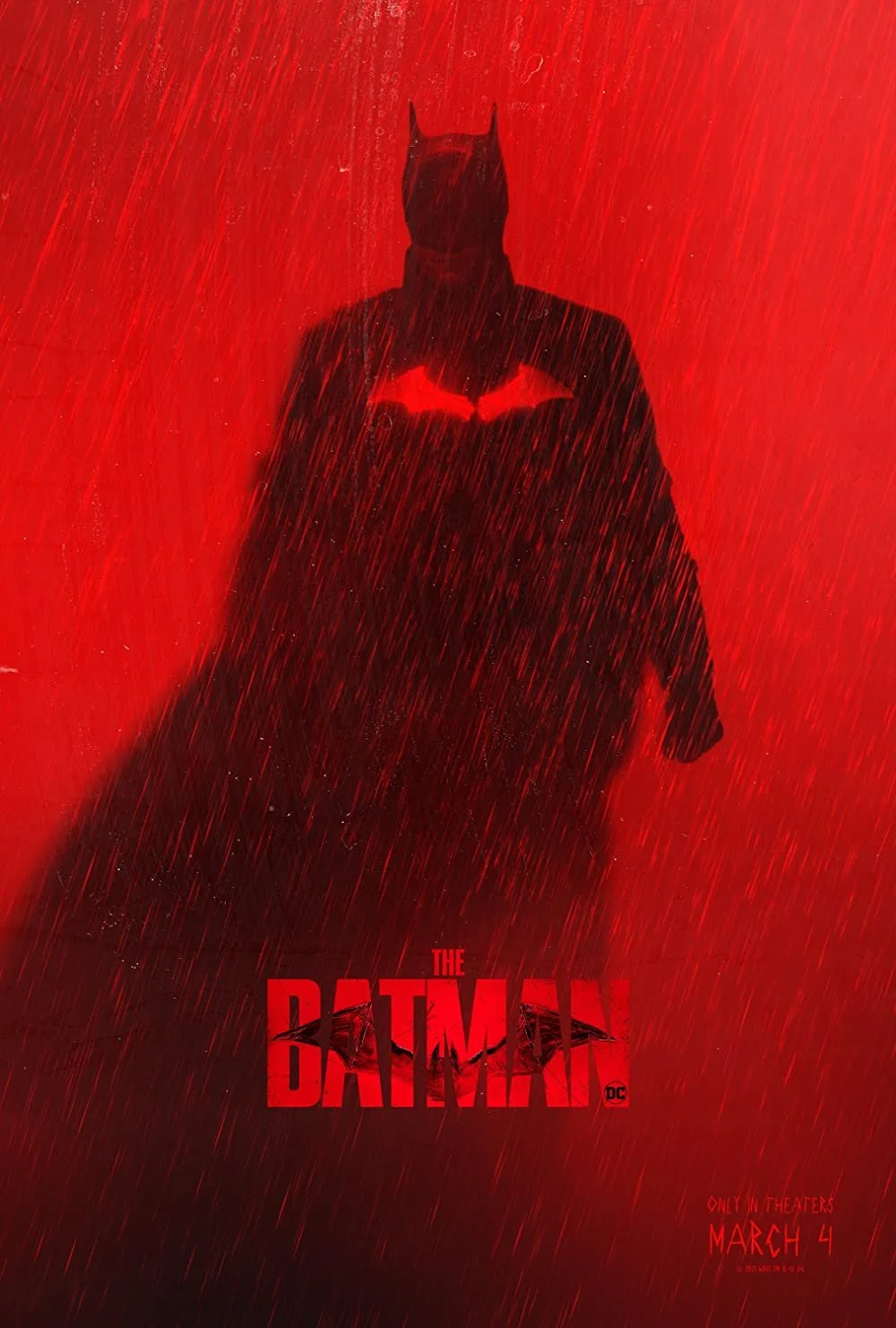Master is a Master Class in Horror Storytelling
At last, a horror flick that doesn't involve violence. Although certainly more prevalent in the popular scary movies of today, psychological terror regresses to bloodshed in almost every movie within the category. Get Out's social commentary is staggeringly relevant until the third act, when Chris is forced to murder his way out of the Armitage manner. The gentrification of the black residents within the Armitage household is ten times more terrifying than the usual gorefest it reduces itself to. With Master, there's a clear direction throughout the story that doesn't need to hit the massacre panic button.
Mariama Diallo crafts a unique tale of three women of color living within a university populated almost entirely by white people. Gail Bishop (Regina Hall) has been granted the prestigious honor of being accepted as a master tenured professor for Ancestor College (diet Harvard). Jasmine Moore (Zoe Renee), a promising young student, is challenged by her classmates to the point of laughability when attempting to conceal their racism if they even are.
Making matters more strenuous in Jasmine's life is her professor Liv Beckman (Amber Gray) Being one of the professors of color in the University, Liv unfairly grades Jasmine on a paper. The intention for the poor grade isn't entirely clear to Jasmine but is to the audience. The racist mechanizations in the college have gotten Liv to help oil its gears. Whatever the white masters demand from their black staff is to the professor's will. None of these injunctions are blatant but nuanced underneath the language we commonly use.
During staff meetings, Gail is undermined. While groomed with phony recognition from her white colleagues, there's an undercurrent of "just screw up one time, so we have an excuse to denounce you." Gail's fellow masters are cordial yet condescending, but not enough where it's noticeable. Every interaction with the staff is uncomfortable in its composition, making me squirm in my chair more than the explicit scenes of spooky spirits.
Cinematographer Charlotte Hornsby keeps the lighting to a minimum. The infostructure of the prestigious fictional University's walls is color-coordinated for the reds and greens to pop. What should look gorgeous in a fully lit scene is off-putting with the contrast toned up yet the exposure down. The look isn't particularly spectacular. The lighting can count as a horror tone you'd see in a typical fright film. Yet the kills never come, which makes the underlying fear more dreadful.
A ghostly presence exists in the plot, but thankfully it's never clear whether the presence is imagined or not. Within some of the closing moments, the movie plainly states its point. Thankfully it's not performing a sermon to the target audience. Master’s closing argument shares a common argument with the criminally overlooked Luce, targeted to incite a debate with the audience. To make good art one mustn’t be afraid to offend. Without upset, there's no wisdom.
Mariama Diallo structures the film like a student's journal. Every act is met with a vague title that makes sense around the context of its roughly twenty-minute chapters. The final entry is titled, "it's everywhere" you don't have to be Batman to figure out what "it" is. No matter where you go, it will follow. Raised from the garbage or the gold, the cut of your cloth can't protect you from it as long as you're not white.
Discrimination has been dramatized in horror but not intelligently within this category. When Diallo introduces supernatural forces, we realize there's nothing otherworldly that haunts our protagonists; it's just the fear people must live with when, frankly, not looking like me. I couldn't imagine living in such a situation unless spending a day in someone else's shoes.
Master has given me the closest thing to that feeling within a film where it’s not too much to handle. Master is designed as a horror film to make racism translate to an audience in a way that’s entertaining, yet informative. I'm still due for a viewing of the new sequel to Candyman. From my understanding, it's similar to Master thematically. If so, I believe horror can be a category to effectively talk about race in a way that translates its themes to an incredibly wide audience.
Do you agree with my rating? Let me know and respectfully.



